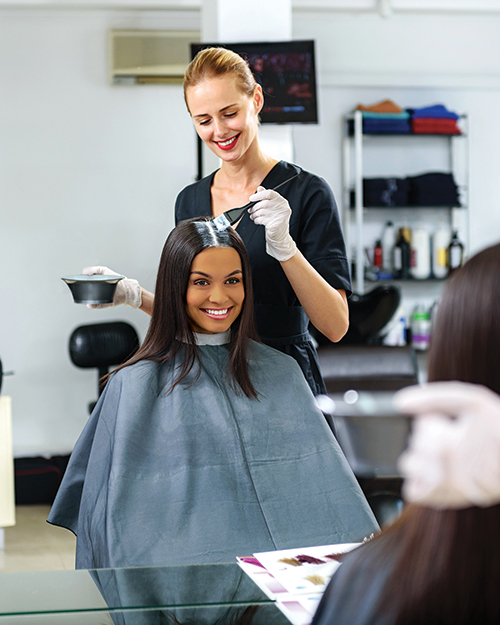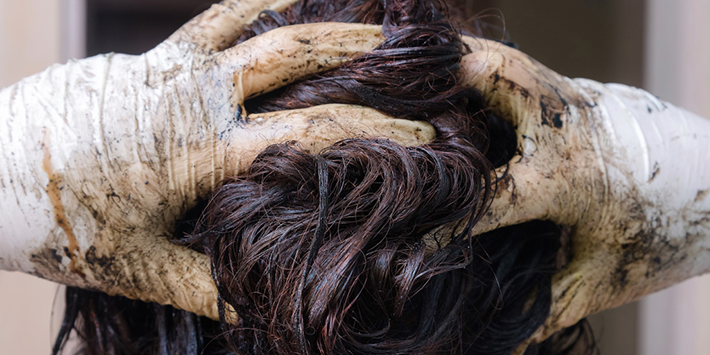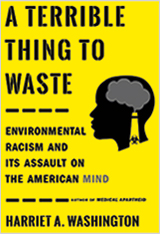



Important Reminders
How Do I Prepare My Home?
Here are some quick tips for how you can remain healthy during this pandemic:
- Wash your hands thoroughly and often with soap and water for at least 20 seconds.
- If soap and water are not readily available, use hand sanitizer that contains at least 60% alcohol. Be sure to cover all surfaces of your hands and rub them together until they feel dry.
- Avoid touching your eyes, nose and mouth.
- Avoid close contact with people who are sick.
- Practice social distancing. This means when you are out in public put distance between yourself and others (at least six feet apart).
Take Steps to Protect Others
- Stay home if you are sick.
- If you have a fever, cough, and difficulty breathing, seek medical attention and call your doctor.
- Cover coughs and sneezes with a tissue and dispose immediately in a lined trash can.
- Stay home and be mindful and cautious if you are a caregiver of an individual with a weak immune system or if you take care of an elderly relative as they are the most vulnerable population to this virus.
Be sure to take the necessary steps to protect yourself and others from being exposed to COVID-19. Prepare, be safe and stay healthy.
COVID-19 Symptoms
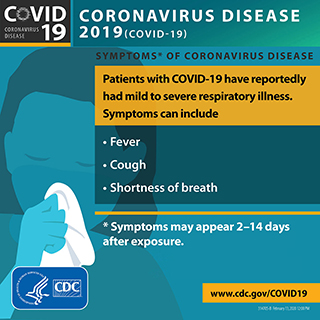

Hot Health Topic
Black Americans and Opioids
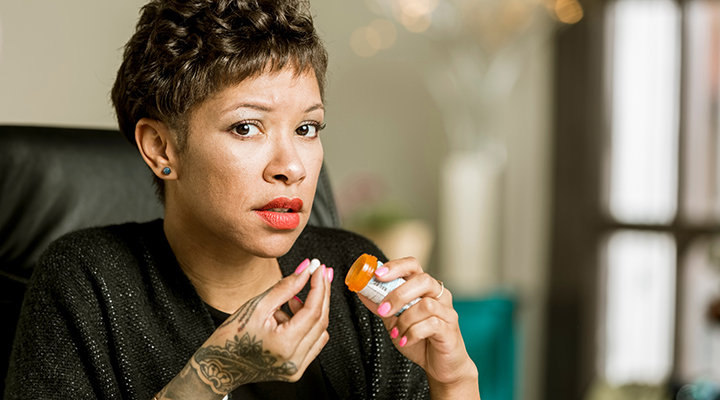
Stereotypes can be prevalent and harmful, even if implicit. Researchers believe that racial stereotypes embedded within the American medical system provided a layer of protection for African Americans some 20 years ago when the opioid crisis began to escalate. These negative stereotypes resulted in fewer opioid prescriptions, which meant possibly fewer deaths. An analysis projects that had mortality rates related to prescription opioids for Black Americans been equivalent to that of white Americans, around 14,000 Black Americans would have died.
Starting in the 1990s, marketing for new prescription opioids was more aggressive in white rural areas. Interestingly, pain drug prescriptions were already high in those areas. On the other hand, fewer opioid prescriptions were received by Black Americans. Some researchers think this was because doctors believed Black Americans were more likely to become addicted to the drugs, more likely to sell the drugs, and were biologically different thereby having a higher pain threshold than white people. Needless to say, this was contrary to fact. Additionally, researchers think it is possible that some white doctors were less empathic to the pain of people who were not like them and more empathetic to those who were.
Two decades ago, prescription opioid-related mortality rates were relatively similar for Black and white Americans. But research reports that by 2010, the rates were two times higher for whites than for African Americans. While African Americans were less likely to become addicted to opioid prescriptions because they were less likely to receive them, they were also more likely to endure unnecessary and excruciating pain for illnesses like cancer. African Americans have endured a long history of harm from inferior health care, including infamous episodes like the Tuskegee study. This accidental benefit of fewer opioid-related mortality rates does not remedy the way damaging stereotypes continue to influence aspects of medical practice today.
Citation: Frakt A, Monkovic T. 2019. A ‘Rare Case Where Racial Biases’ Protected African-Americans. New York Times. 25 Nov.

Environmental Health
Breast Cancer Risk Associated With Permanent Hair Dye and Straighteners
New research published in the International Journal of Cancer raises concerns about the safety of permanent hair dye and chemical hair straighteners, especially among African American women. Researchers from the Sister Study, conducted by the National Institute of Environmental Health Sciences (NIEHS), one of the National Institutes of Health (NIH), found that women who use permanent hair dye and chemical hair straighteners have a higher risk of developing breast cancer than women who do not use these products. The research suggests that breast cancer risk increased with more frequent use of these chemical hair products.
From 2003 – 2009, more than 50,000 women across the U.S. and Puerto Rico joined the Sister Study. The enrolled women were between the ages 35–74 and at least one of their biological sisters had breast cancer. Researchers analyzed data from 46,709 women in the Sister Study. Key findings include:
- Among African American women, using permanent dyes every five to eight weeks or more was associated with a 60% increased risk of breast cancer as compared with an 8% increased risk for white women.
- Straightener use was much more common among African American women even though the association between straightener use and breast cancer was similar in African American and white women.
- The research team found little to no increase in breast cancer risk for semi- permanent or temporary dye use.
- Women who regularly used permanent hair dye in the 12 months prior to enrolling in the study were 9% more likely to develop breast cancer than women who did not use hair dye.
- Women who used hair straighteners at least every five to eight weeks were about 30% more likely to develop breast cancer.
Co-author Dale Sandler, Ph.D., chief of the NIEHS Epidemiology Branch, cautioned that the study findings should be understood in context. Although there is some prior evidence to support the association with chemical straighteners, these results need to be replicated in other studies.
When asked if women should stop dyeing or straightening their hair, Sandler said, “We are exposed to many things that could potentially contribute to breast cancer, and it is unlikely that any single factor explains a woman’s risk. While it is too early to make a firm recommendation, avoiding these chemicals might be one more thing women can do to reduce their risk of breast cancer.”

Nutrition Corner
Mixed-up Eggs and Spinach
Did you know that spinach and eggs can be a good alternative for breakfast if you don’t like sweet breakfast foods, such as cereal or pancakes? Eggs offer high-quality protein and spinach provides a range of essential minerals and vitamins. An egg and spinach breakfast can provide a variety of health benefits as part of a balanced diet and can help you meet your daily nutrient recommendations. Spinach is high in calcium, iron, magnesium, and vitamin A. Eggs contain vitamin B-12 and vitamin D. Try starting off your day with this nutritious breakfast.
Recipe provided by Patrice Carr from the Durham County Department of Public Health Nutrition Division.
Ingredients
- 4 large eggs
- 1 cup spinach, chopped or torn into small pieces
- 2 tablespoons chopped green onions
- 1/2 teaspoon salt
- 1 tablespoon oil
- Crack the eggs into a bowl and use a fork to whisk the mixture well until the yolks and whites are blended.
- Add the spinach, green onions, and salt to the bowl and mix well. The mixture should look very “spinach-y” and not very “egg-y”.
- Place a skillet on the stove, add the oil, and turn the heat to a medium temperature.
- Add the egg mixture and let it cook for 1-2 minutes. Start carefully flipping portions of the eggs to cook them through.
- When the eggs are no longer runny, remove from the heat and serve right away.
- Enjoy!

The Reading Nook
Winter 2020 Featured Book Selection
Reading provides numerous health benefits, including learning new skills to improve one's lifestyle. Research published in Neurology suggests that reading stimulates your brain and may help slow the progression of age-related memory conditions such as Alzheimer's Disease and dementia. Reading engages the brain and may preserve brain health and lower cognitive decline in older age. Whether consuming books for self-improvement, knowledge, cognitive improvement, or creativity, reading is good for your health!

A Terrible Thing to Waste: Environmental Racism and Its Assault on the American Mind
Author: Harriet A. Washington
Summary: Harriett Washington, award-winning science writer and bioethicist, takes a closer look at the impact of environmental racism on communities of color in the United States and how environmental racism damages the minds of impoverished African American children exposed to toxins and pathogens in marginalized communities.

Recenter, Refocus, Recharge
The Self-care Solution, One Month at a Time
ABC News chief medical correspondent and board-certified OB-GYN, Jennifer Ashton, M.D., recently invited the Good Morning America viewing audience to make self-care a priority with a new self-care challenge every month throughout 2020. Completing challenges individually allows you to see how each individual change impacts your health and makes the challenge sustainable if you see a positive difference. Dr. Ashton’s book, “The Self-care Solution: A Year of Becoming Happier, Healthier, and Fitter – One Month at a Time,” teaches readers how to recalibrate their life to enjoy a better, healthier year, one month at a time.
Start your “Year of Self Care” by focusing on 12 separate challenges. Look at each challenge as a new habit will impact your overall health. Once you complete the first challenge, make a different challenge for the next month and every month after. By December 2020, you will have completed an entire year of self-care challenges that don’t take time or money but will leave you with lasting habits.
Examples of some simple challenges may include limiting sugar intake for the month of April, limiting alcohol intake for the month of May, limiting screen time for the month June, or even adopting an earlier bedtime in July. All of these changes can lead to better health. Tackling a different area of wellness month by month will allow you to improve your health and motivate you to make permanent lifestyle changes.
Go beyond the spa day and the stay-cation and create self-care challenges that take only a few minutes, cost no money, and have the potential to impact your health and wellness.
Citation: Ashton J, GMA team. 2020. Good Morning America: “How to Give Yourself Self-care One Month at a Time in 2020.” 6 Jan. New York.
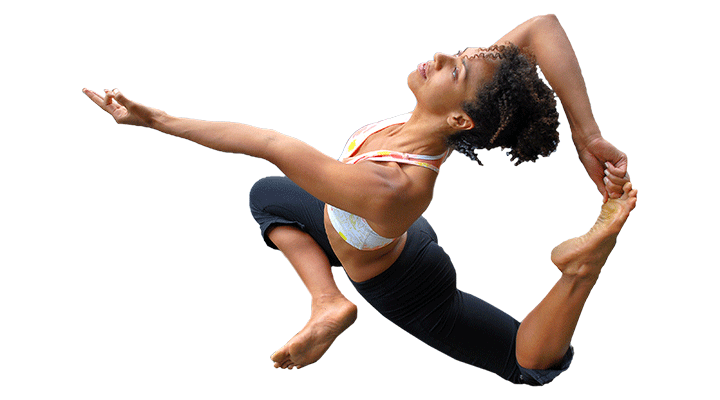

Sister to Sister: Share Your Story
We would love to hear your story! Sharing a story about your personal WHA experiences can provide encouragement and support to others. Make a difference in the life of another by sharing your poetry, song lyrics, inspirational quotes, drawings, or photos. Email your story to WHA or call 919-541-3852 if you have questions. Your story may be featured in a future newsletter!

Let's Stay in Touch





